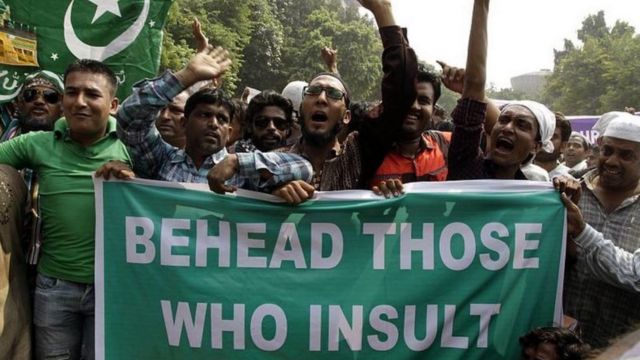
Religious violence and religiously motivated bigotry has long been prevalent in Pakistani society and has never been a genuine priority for the Pakistani state. Pakistani society too is gradually losing its strength to stand up against this strand of extremism. Any news of resistance against this bigoty therefore comes as a surprise.
The recent courage shown by civil society in Sindh when they took to the streets in protest against the killing of Dr Shahnawaz Kunbhar — a blasphemy suspect who died in a police ‘encounter’ — offers a glimmer of hope that there is still some life left in society. This reminds one of April 2017 when following the brutal lynching of Mashal Khan, civil society in Khyber Pakhtunkhwa showed some resistance, but the perpetrators had the backing of powerful religious parties. The culprits were glorified and eventually released by the courts.
Unfortunately, as columnist and analyst, Mohammad Amir Rana notes, “there is little hope that the suspects in Dr Kunbhar’s case will face any real consequences. Religious extremists embedded in the legal community, particularly within the lower judiciary and lawyers’ circles, often provide full support to the accused, aligning themselves with hardline religious groups and local business leaders.”
Further, as Rana points out, “it is a tragic reality that the police, in the quest of cheap publicity and a cover for their corrupt practices, often take the lead in the extrajudicial killings of blasphemy suspects. These officers are celebrated by religious zealots and ‘rewarded’ with cash and land. Investigations are not common as police rarely bother to hear the accused, who are often innocent. Instead, these cases are seen as opportunities for personal gain.”
In conclusion, Rana notes that “the state itself consistently chooses to align with them when faced with challenging situations. There is no need to delve into extensive detail, as history has repeatedly shown that every government, along with the country’s highest institutions, tends to ‘pacify’ these situations rather than confront the radical elements. In exchange, these state institutions often leverage religious extremism for political gain.”
![]()





